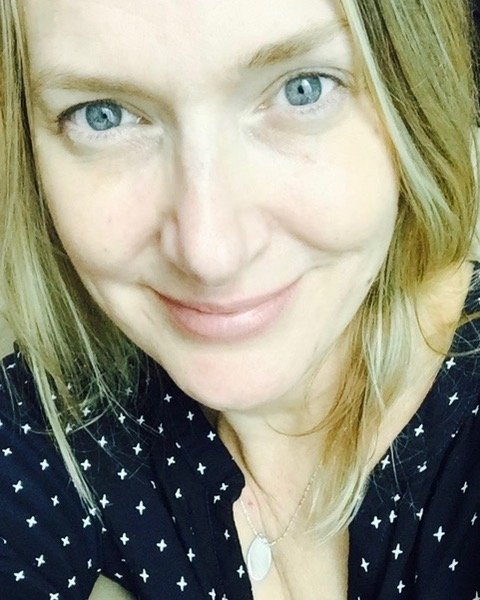“Seven interconnected short plays utilizing a talented acting ensemble explore the myriad uses of victory gardens during the WWII and post-war eras.”
~Westchester Collaborate Theater
THE VICTORY GARDEN PLAYS
by Tara Meddaugh
Directed by Nathan Flower
A WCT Play in the Box Production
Starring: Nicole Arcieri, Rubén Caballero, Missy Flower, Anne Glickman, Pat McGuinness, Giovanni Pucci, Fiamma Seelye, Jess Valente and Mika Wurf
Costume Design by Georgia Evans; Stage Managed by Kim Chandler; Production Consultant Albi Gorn; Executive Director, WCT, Alan Lutwin
WHEN
Friday, June 21 at 7:30PM
Saturday, June 22 at 3pm & 7:30pm
Sunday, June 23 at 3pm
WHERE
Westchester Collaborative Theater
21 Water Street, Ossining, NY 10562
Click here for information on parking.
ABOUT THE SHOW
While soldiers fight abroad in WW2, those remaining on the homefront strive to find purpose by creating Victory Gardens. After all, the government tells them, “Food will win the war!” But this underlying pressure stems far deeper than simply planting seeds. Nine-year-old Ruby worries her failing rooftop garden is a bad omen for her father’s return from a POW camp. Ruth grows the largest garden in town but holds a secret that jeopardizes her future to grow a family. Lester struggles to reconcile his personal morals with a government “request” to use his Chemical Plant. These stories, and more, are given light in The Victory Garden Plays, a series of vignettes offering a glimpse of people’s journeys with their new realities of love, growth, life, and death.
The performance runs approximately 90 minutes with no intermission.
CAST & CREATIVE
“Once the US joined WWII, Victory Gardens sprang up nationwide from city rooftops and vacant lots to baseball fields and schoolyards. The harvest of fruits and vegetables counted for about 40% of the total produce yielded in the U.S., or 9-10 million tons. Tara Meddaugh’s work is an interconnected quilt of stories wherein the Victory Gardens sown nationwide to support our troops and allies become larger than life metaphors weaving together multiple themes. The seven distinct yet connected narratives chronicle the tales of individuals and families and offer a glimpse into the lives of those on the home front touched by the successes and pride of the war effort and the tragedy of its consequences.”
~Westchester Collaborative Theater
THE VICTORY GARDEN PLAYS
Brief descriptions of each vignette (or movement)
Movement 1: Ruby and Millie & The Dying Cucumbers
While her father is in a POW Camp, Young Ruby is proud to find purpose being in charge of the rooftop victory garden at their apartment building. But when she discover some of her vegetables are dying, she fears this may be a harbinger of bad news for her father.
Movement 2: Ruth and Harry & The Dinner Party
While preparing for a dinner party, Ruth reveals a well-kept secret to her husband, which jeopardizes their future to grow a family.
Movement 3: Grace and Albert & His First English Words
Catholic Widow, Grace, takes in a Jewish Refugee who doesn’t speak English. She knows very little of his experience, culture, or language and strives to find a way to connect.
Movement 4: Lester and Jerry & The Chemical Plant
Lester meets with his old friend and struggles to reconcile morals with a government “request” for using his Chemical Plant.
Movement 5: Alice and Richard Ayers & The Adventure of the Seed
Alice, a young newlywed, mails a letter to her husband, who is stationed in the army overseas. The letter carries more than her love, worries and hopes for the future, but also an important revelation which she believes will bring him home safely.
Movement 6: Dorothy and John & The Wooden Crate with Splinters
After WWII has ended, an old friend helps recently widowed Dorothy dismantle her victory garden. While both harbor deep loneliness which they seek to mend, their pain and loss make it difficult to carve out a path of connection.
Movement 7: Ruby and Millie & The Old Chemical Plant
In the final movement of the play, we return to the sisters who opened our story, Ruby and Millie. We fast forward 50+ years. The war is a distant memory while Seinfeld blares on the tv at night and Ruby and Millie live side-by-side at the same senior apartments, tending to their community garden. Neither one can imagine life without the other by her side. But now they struggle with decisions that may, for the first time in 60+ years, take them very far away from each other.






























